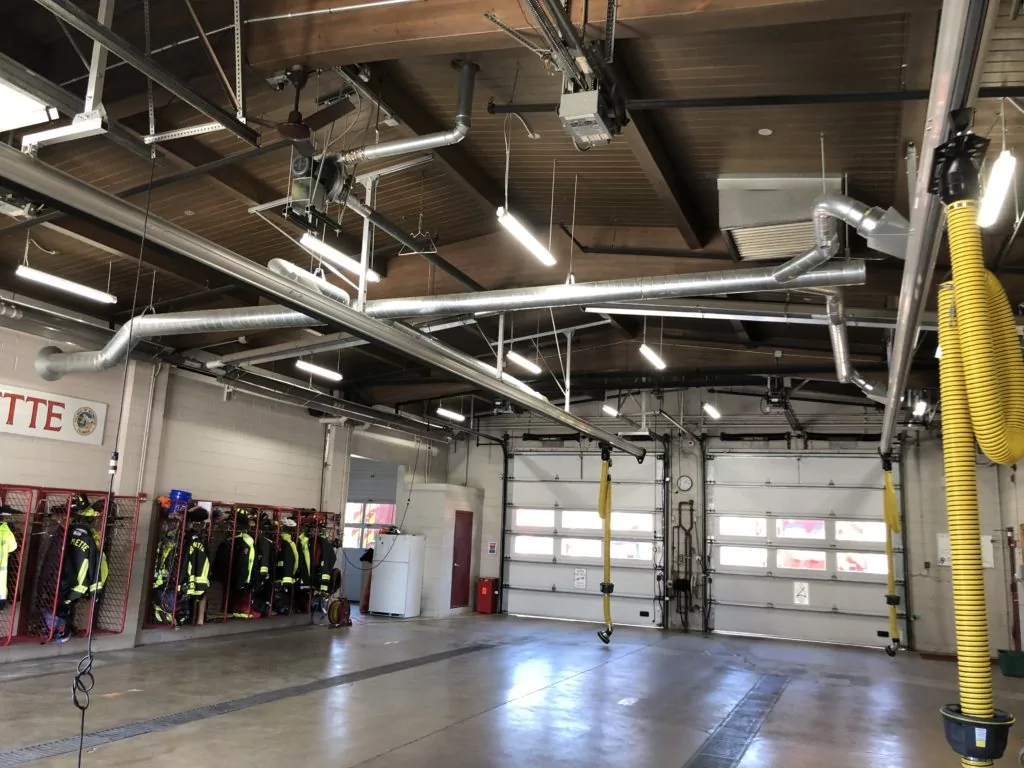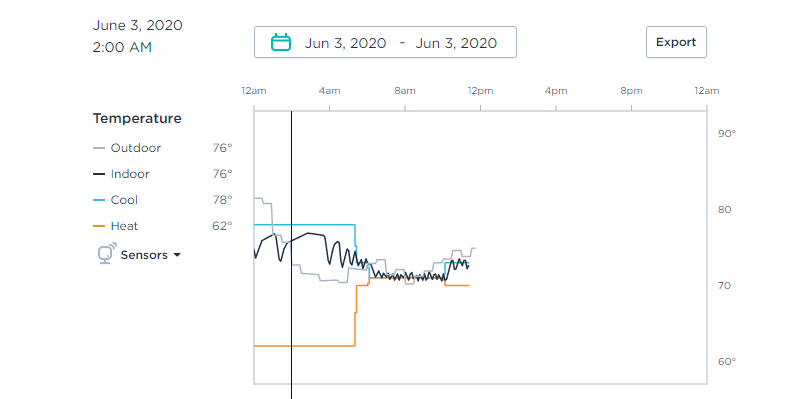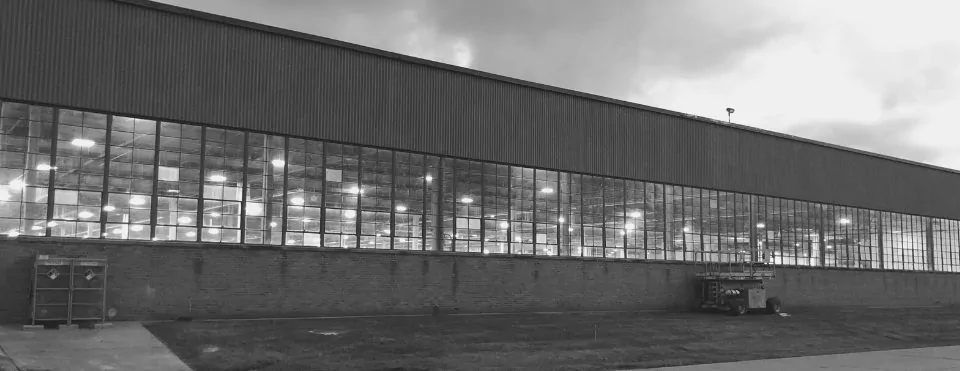Replacing a BAS vs. Retro-commissioning a BAS

Nov 06 2023
Which is right for your facility?
Facility managers are constantly faced with decisions regarding the upkeep and improvement of their buildings. Two common options for enhancing building performance are retrocommissioning (RCx) and building automation system (BAS) upgrades. While both approaches aim to optimize building operations, they differ in their scope, methodology, and potential outcomes. Understanding the nuances of each option is crucial for making an informed decision about which investment is best suited for your facility.
Retrocommissioning: A Comprehensive Approach to Optimization
RCx is a systematic process that involves revisiting and optimizing an existing building’s systems to ensure they are operating as intended and delivering peak performance. It encompasses a thorough examination of all building systems, including HVAC, lighting, controls, and energy management strategies. The goal of RCx is to identify and address operational inefficiencies, equipment malfunctions, and outdated control sequences that hinder energy savings and occupant comfort.
BAS System Upgrade: Enhancing Automation and Control
A BAS upgrade involves replacing or updating the software, hardware, or network infrastructure of an existing BAS. This can include installing new sensors, actuators, and controllers, upgrading the central control unit, and implementing advanced control algorithms. The purpose of a BAS upgrade is to enhance the system’s capabilities, enabling more precise control of building systems, improved data analytics, and enhanced integration with other building technologies.
Evaluating the Need for Each Approach
The decision to pursue RCx or a BAS upgrade should be based on a comprehensive assessment of your facility’s current performance and identified needs. RCx is typically recommended for buildings that have not been commissioned or have experienced significant changes since their initial commissioning. It is also beneficial for buildings exhibiting signs of operational inefficiencies, such as high energy consumption, occupant comfort issues, or frequent equipment malfunctions.
A BAS upgrade is more appropriate for buildings with an existing BAS that has become outdated or lacks the capabilities to meet current requirements. It may also be considered for buildings undergoing renovations or implementing new technologies that require integration with the BAS.
Comparative Analysis of RCx and BAS Upgrades
| Factor | Retrocommissioning | BAS System Upgrade |
|---|---|---|
| Scope | Comprehensive review of all building systems | Focused on the BAS |
| Methodology | Field measurements, data analysis, and operational adjustments | Software, hardware, or network upgrades |
| Outcomes | Improved energy efficiency, enhanced occupant comfort, reduced maintenance costs | Enhanced system capabilities, improved control accuracy, advanced data analytics |
| Investment Costs | Moderate to high, depending on the scope | Can range from low to high, depending on the extent of upgrades |
| Return on Investment | Typically medium to long term, with potential savings of 15-30% in energy costs | Can vary depending on the specific upgrades and their impact on energy savings and operational efficiency |
Determining the Optimal Choice
The decision between RCx and a BAS upgrade should be made on a case-by-case basis, considering the specific needs and characteristics of your facility. If your building is exhibiting signs of operational inefficiencies and energy waste, RCx is likely to yield significant improvements in performance and cost savings. However, if your existing BAS is outdated or lacking in capabilities, a BAS upgrade may be necessary to achieve optimal control and automation.
In some cases, a combination of RCx and a BAS upgrade may be most effective. RCx can identify areas for improvement, while a BAS upgrade can provide the tools and capabilities to implement those improvements. This integrated approach can lead to the most comprehensive and sustainable optimization of your facility’s performance.
Conclusion
Retro-commissioning and BAS upgrades are both valuable tools for enhancing building performance and achieving operational excellence. By carefully evaluating your facility’s needs and considering the strengths and limitations of each approach, you can make an informed decision that will maximize the return on your investment and contribute to a more sustainable and efficient building operation.
If you are in Illinois, the best place to start is with a comprehensive free building energy efficiency assessment.
Featured Posts

Mar 15 2021
Energy Savings Formula
In 2002, I became a firefighter in the north suburbs of Chicago. I was young and idealistic - loving almost every part of the job. However, I had another secret passion - sustainability. In addition…
Continue Reading >

May 02 2019
Verde Energy Efficiency Experts 10 Most Sustainable Companies in Chicago
In our energy efficiency consulting firm, we constantly look for inspiration from local companies that lead and innovate in clean energy and sustainability. Not all companies have billion dollar budgets, but that doesn’t mean that…
Continue Reading >
Related Articles

Sep 01 2020
Retro-commissioning Your Building to Its Intended Design
In the Comed Energy Efficiency Program, one of the more interesting and complex energy savings opportunities is through the Retro-commisioning program. Buildings that are 10 years or older start to hit the magic age when…


